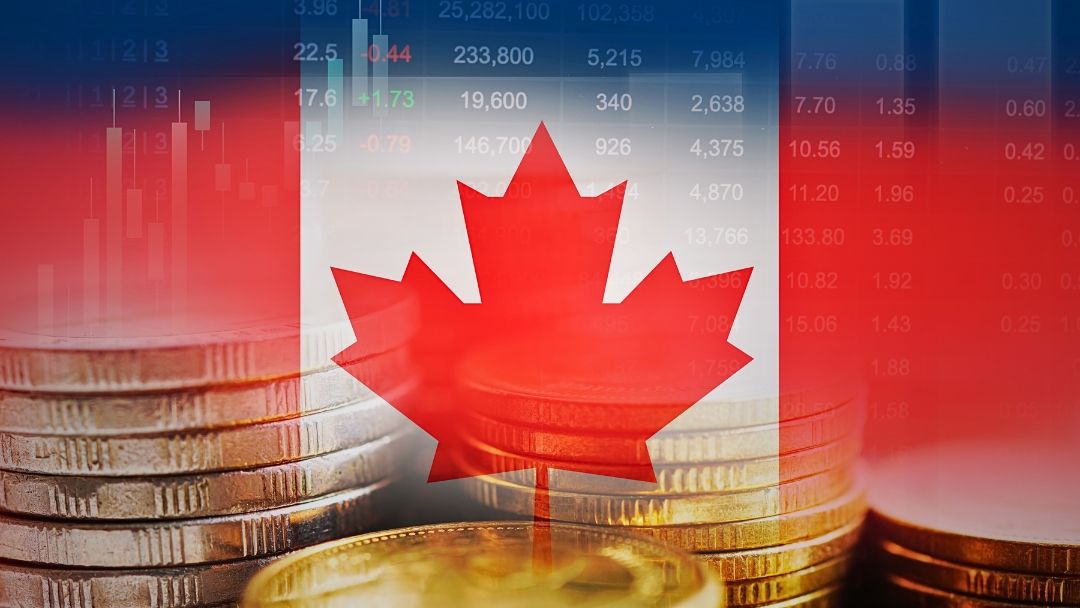With Justin Trudeau stepping down as Prime Minister, his political legacy comes into sharp focus. Among his most transformative achievements is the legalization of cannabis in Canada, a move that not only reshaped the country's approach to drug policy but also positioned Canada as a global leader in cannabis reform.
Here's a look at how Trudeau’s cannabis policies have defined his time in office and impacted Canada.
When Justin Trudeau first campaigned for Prime Minister in 2015, cannabis legalization was a bold promise on his platform. Trudeau argued that Canada’s prohibitionist policies on cannabis were outdated and ineffective, often leading to unnecessary criminal records for non-violent offenders while failing to curb illegal use.
- Reducing the burden on the criminal justice system.
- Regulating and taxing cannabis to divert revenue from illegal markets.
- Increasing public safety by implementing age restrictions and quality controls.
This progressive stance on cannabis resonated with younger voters and those advocating for a more evidence-based approach to drug policy.

In October 2018, Canada became the first major industrialized nation to legalize recreational cannabis under Trudeau’s leadership. The Cannabis Act (Bill C-45) established a comprehensive legal framework for regulating the production, distribution, sale, and possession of cannabis.
- Legal purchase and possession of up to 30 grams of dried cannabis for adults.
- Strict rules on marketing, packaging, and labeling to prevent appeal to minors.
- Federal oversight of cannabis production and licensing, with provinces managing retail sales.
This move was historic - not just for us Canadians - but also on the world stage. While Uruguay had legalized cannabis years earlier, Canada became the first G7 country to do so, setting an example for others considering similar reforms.
Cannabis legalization has had a huge economic impact in Canada, creating a thriving industry worth billions. By 2021, the legal cannabis market had surpassed the illegal market. This was a major milestone in the government’s efforts to curb black market activity.

The industry has also generated tens of thousands of jobs and contributed substantial tax revenue at both the federal and provincial levels. This economic growth has been a key part of Trudeau’s cannabis legacy, demonstrating the potential for regulated markets to benefit society.
While the legalization of cannabis has been widely celebrated, it hasn’t been without its challenges:
Illicit Market Persistence: Despite progress, the illegal market remains active in some regions due to pricing and accessibility issues.
Public Health Concerns: Critics have pointed to increased hospital visits related to cannabis use and concerns about impaired driving.
Equity Issues: Activists have highlighted that legalization didn’t go far enough in addressing the disproportionate impact of past cannabis laws on marginalized communities. Expunging criminal records for minor cannabis offenses remains a work in progress.
Trudeau’s cannabis policies have also contributed to a cultural shift in how Canadians perceive cannabis use. Legalization has helped reduce stigma, particularly for medical cannabis users, and fostered a growing acceptance of cannabis as a part of Canadian society.

At the same time, the government’s emphasis on education campaigns and public awareness has aimed to mitigate potential risks, such as youth access and misuse.
Canada’s bold move has inspired other countries to reconsider their cannabis policies. Nations such as Germany, Mexico, and Thailand have looked to Canada’s model as they explore or implement their own legalization frameworks.
Justin Trudeau’s tenure as Prime Minister will be remembered for many things, but cannabis legalization stands out as one of his most defining and transformative achievements. It was a bold policy move that required balancing public health, social justice, and economic priorities. While challenges remain, Trudeau’s leadership in this area has set a precedent for progressive drug policy and cemented Canada’s place as a pioneer in cannabis reform.
As Trudeau steps away from politics, cannabis legalization will endure as a turning point in Canada’s history. One that sparked both domestic change and global influence.



